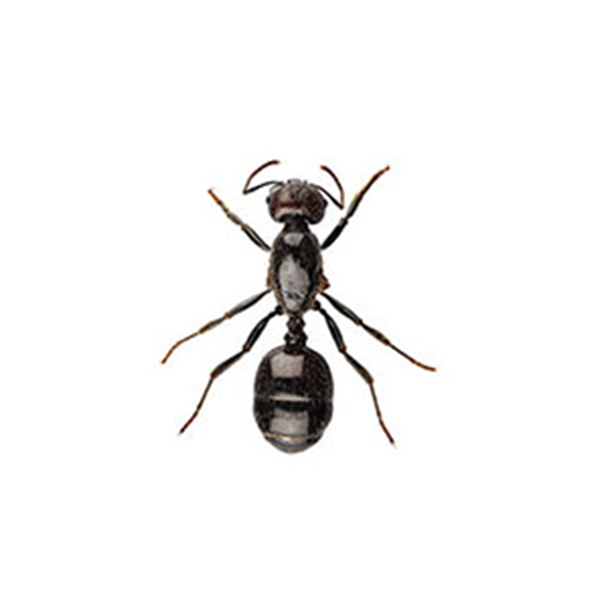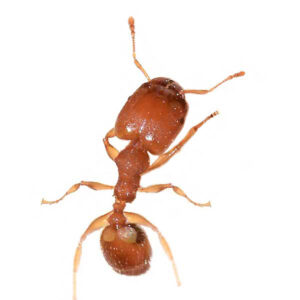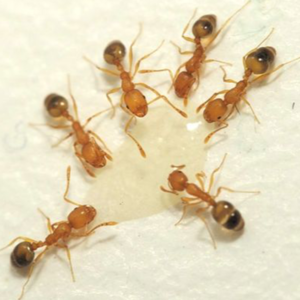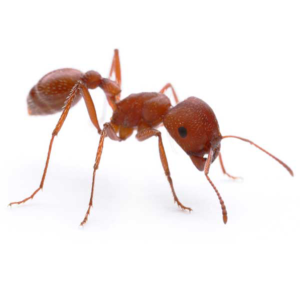Little Black Ants in North Jersey
The little black ant, a frequent visitor in North Jersey, is often considered a nuisance when it comes to structures. However, these tiny creatures are remarkably adaptable and tend to prefer outdoor nesting rather than forming colonies indoors. They typically venture into homes or buildings in search of shelter or food. Omnivorous by nature, little black ants feast on a wide range of foods, ranging from plants and animals to sweets, meats, grease, insects, and even bird droppings. Eliminating these persistent pests can pose quite a challenge, as the colonies can grow quite large and contain multiple queens. Disruptions to the colony may just cause it to split and re-form, rather than wiping out the infestation.
Little Black Ant Habitat
Little black ant infestations typically originate outdoors and can be linked to various sources like mulch, stones, stumps, trees, logs, fences, or piles of lumber or bricks. Indoors, these resilient ants establish their colonies in wall voids, cabinets, foundations, and even behind brick or stone veneers. During peak population periods, little black ants can swiftly spread throughout a structure, infiltrating every nook and cranny. Discovering little black ants inside your home might indicate a more extensive infestation outdoors or within the building itself.
Little Black Ant Behaviors, Threats, or Dangers
Though little black ants have a small stinger, they are not aggressive toward humans. That said, they are invasive and can wipe out native populations of ants – they’ve even been known to eliminate entire colonies of red imported fire ants. While little black ants are more of a nuisance pest than a threat to human health, the colonies can grow exceptionally large and may be unsettling to encounter. Infestations are difficult to treat, which is why you should always contact licensed ant pest control technician if you’re struggling with these pests in your home or business. At Eastern Pest Services, we take pride in delivering effective ant control treatments that can take care of even the most persistent species.





